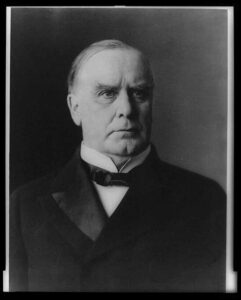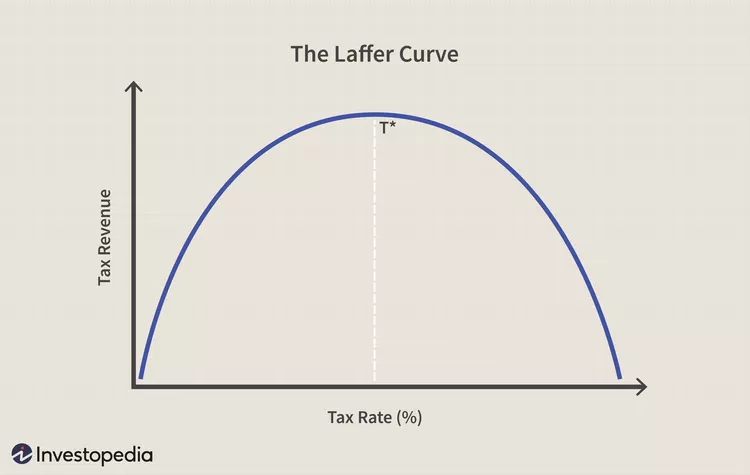
Reading Time: 4 minutes
Recently, I had a conversation with a gentleman who was nearing retirement, and I was talking to him about performing Roth conversions out of his 401k or his rollover IRA after he officially retires and before he starts social security benefits. I mentioned the benefits and that there are a few pitfalls to avoid when doing so, and there were some blank stares.
When it comes to retirement planning, Roth IRAs offer a powerful combination of tax-free growth and tax-free withdrawals—if you play by the rules. One rule that often catches people off guard is the Roth IRA 5-year rule, particularly when it comes to Roth conversions. Misunderstanding this rule could lead to unexpected penalties and taxes, which is why it’s critical to plan carefully. Let’s break down how the 5-year rule works, why it matters, and how a small contribution today could help you maximize your tax advantages in retirement.
As a reminder, to avoid taxes and penalties after a Roth IRA conversion, the timing of the withdrawal depends on two key factors:
- Your age at the time of withdrawal
- Whether the 5-year rule on conversions and earnings has been satisfied
We will assume that you are older than 59 ½ at the time of withdrawal, so this article is focusing on the 5-year rule.
What is the Roth IRA 5-Year Rule?
The Roth IRA 5-year rule applies to two key situations:
- Roth Conversions: When you convert funds from a traditional IRA or 401(k) to a Roth IRA, the converted funds must remain in the Roth for at least five years before you can withdraw them penalty-free (unless you meet certain exceptions).
- Roth Contributions: For earnings on Roth IRA contributions to be withdrawn tax-free, the account must have been open for at least five years and you must be at least 59 ½.
While the five-year rule on contributions is fairly straightforward, the rule on Roth conversions is more complex because each conversion has its own five-year clock.
How the 5-Year Rule Works for Roth Conversions
Each Roth conversion you make starts its own separate five-year period, beginning on January 1 of the year you complete the conversion.
Example:
If you convert $50,000 from a traditional IRA to a Roth IRA in July 2025, the five-year clock starts on January 1, 2025.
If you withdraw the converted funds before January 1, 2030, and you are under 59 ½, you may owe a 10% penalty on the converted amount (but not on the earnings).
Important Points:
- The 10% penalty applies to converted funds only—not to any earnings.
- Once you reach age 59 ½, you can withdraw converted funds penalty-free, even if the five-year clock hasn’t expired.
- If you have multiple conversions over time, each one has its own five-year waiting period.
You may be able to avoid the 10% penalty under certain circumstances, including:
- Death or disability
- Qualified first-time home purchase (up to $10,000)
- Substantially equal periodic payments under IRS Rule 72(t)
Starting the Clock Early with a Small Contribution
One simple but effective strategy to avoid the 5-year rule trap is to start the clock early by making a small Roth IRA contribution today—even if you aren’t ready to convert funds yet. Keep in mind that this doesn’t necessarily help the Roth conversion process.
Why This Matters:
- The 5-year clock for Roth IRA contributions starts with your first contribution to the account—not with each additional contribution.
- If you make a $1 contribution to a Roth IRA in 2025, the 5-year “contribution” clock starts on January 1, 2025.
- This means that future conversions and earnings withdrawals could be tax-free sooner.
Example:
You contribute $1 to a Roth IRA in 2025.
You convert $100,000 to the same Roth in 2027.
The clock on the earnings withdrawal requirement will have already started in 2025—potentially reducing the waiting period for tax-free growth.
Key Points to Understand from the Example:
- Contributions:
-
- The 5-year clock for tax-free withdrawal of earnings starts with your first Roth IRA contribution (not each contribution).
- If you contribute $1 to a Roth IRA in 2025, the 5-year clock for earnings withdrawal begins on January 1, 2025—regardless of the amount contributed.
- Conversions:
- Each Roth conversion starts its own separate 5-year clock for penalty-free withdrawal of the converted funds.
- If you convert $100,000 in 2027, the 5-year clock for that conversion starts on January 1, 2027—but this clock only applies to the converted funds, not the earnings.
- Earnings:
- To withdraw earnings tax-free, two conditions must be met:
- The Roth IRA must have been open for at least 5 years
- You must be 59 ½ or older
- To withdraw earnings tax-free, two conditions must be met:
Other Strategic Tactics
If you’re considering Roth conversions, here are a few other tactics to optimize your strategy:
- Stagger Conversions – By spreading out conversions over several years, you can manage your tax liability and avoid being pushed into a higher tax bracket.
- Convert During Lower-Income Years – Converting during years when your income is lower can reduce the overall tax burden.
- Use Tax-Loss Harvesting to Offset Conversion Taxes – If you have capital losses in taxable accounts, you can use them to offset the taxes owed on Roth conversions.
Why Professional Guidance Matters
Roth conversions can provide tremendous tax advantages, but they require careful planning to avoid penalties and maximize long-term benefits. The 5-year rule is just one piece of a larger puzzle when it comes to managing retirement income, tax brackets, and overall financial health.
At Intelligent Investing, we specialize in helping high-net-worth individuals and families create tailored Roth conversion strategies to minimize taxes and maximize wealth to help you:
- Identify the best timing for Roth conversions
- Evaluate the tax impact of conversions
- Develop a long-term withdrawal strategy
Ready to take the next step? Reach out to us today for a complimentary call or coffee to discuss how a strategic Roth conversion plan can help secure your financial future while minimizing taxes.
Get Started Today!




